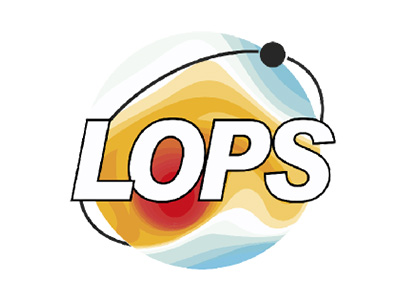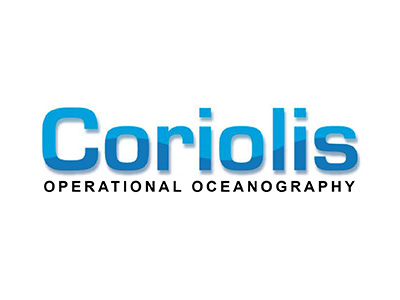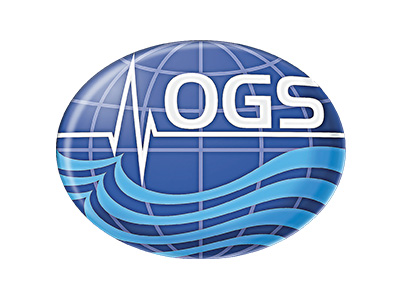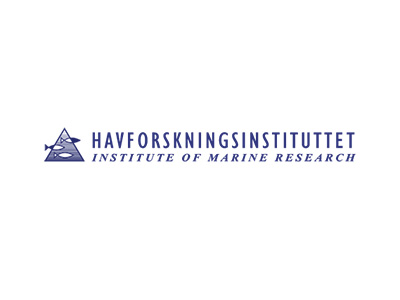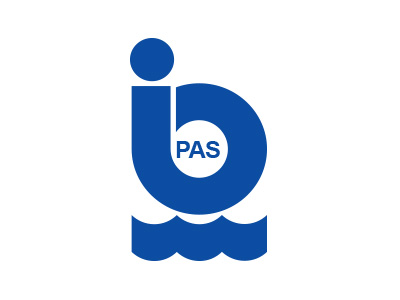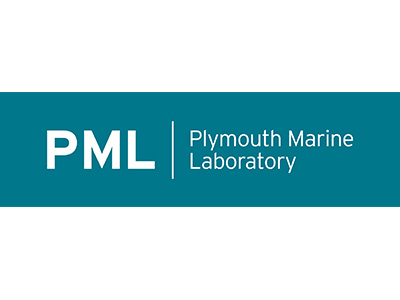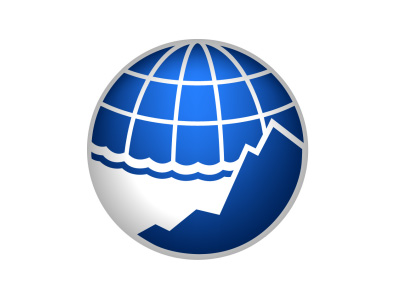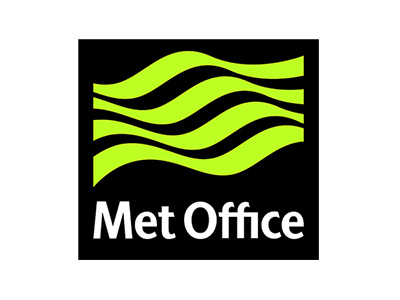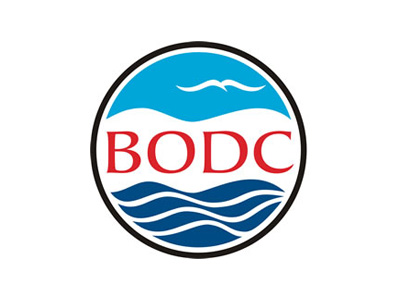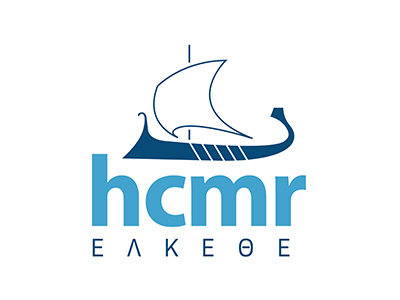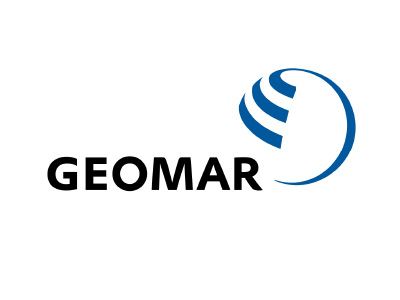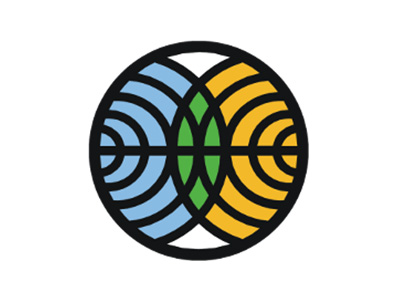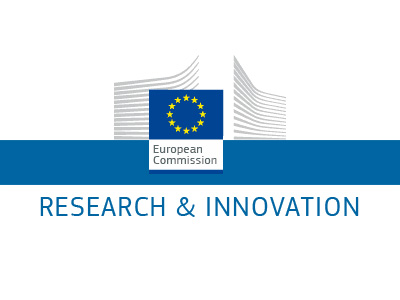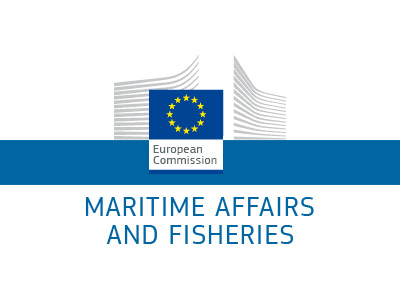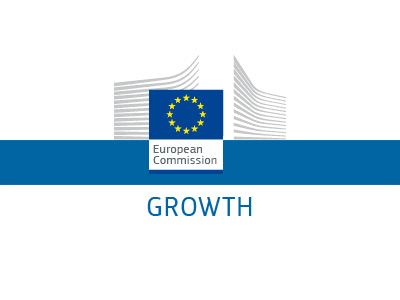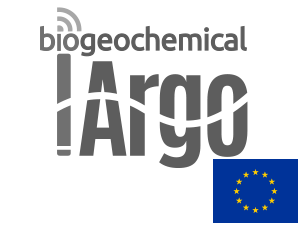- European priorities
- Projects & funding schemes
- Participating laboratories
- Funding agencies
- National contact
- The European contribution to global Biogeochemical-Argo is coordinated within the Euro-ARGO ERIC and the European priorities have been defined in the document "Strategy for the evolution of Argo for the next decade".
- The overall priorities of Europe Biogeochemical-Argo are totally in phase with those defined at an international level with respect to scientific and societal questions, variables to be acquired and float mission configuration.
- Areas of preferential deployment are essentially (but not exclusively) the European Marginal Seas (Mediterranean Sea, Black Sea, Baltic Sea, Nordic Seas) and the Atlantic Ocean.
- A strong focus on data management is a high priority for the Biogeochemical-Argo program in Europe and organization of the biogeochemical float processing at European level both in real-time and delayed mode is under discussion and will rely on agreement between the European partners to avoid duplication of efforts.
The Euro-Argo is presently developing with the European Members and Observers an implementation plan for Argo for the next decade including the biogeochemical –Argo component. The European component will be:
- Project-based funding: Biogeochemical-Argo contribution by the European community is organized through several observation projects, funded by different sources either at national or European level. Since 2010, several large projects, some of them still on-going, have significantly contributed to biogeochemical-Argo time series in various open ocean waters:
- remOcean: remocean.eu
- NAOS: naos-equipex.fr
- E-AIMS: Euro-Argo Improvements for the GMES Marine Service
- AtlantOS: www.atlantos-h2020.eu
- Long-term commitments: Euro-Argo is working with the European Commission to develop a long term European contribution to Argo that includes a biogeochemical component. Such European contribution will be based on Euro-Argo Members national contributions complemented with a European contribution that should be supported both by DG-Mare and DG-Growth (Copernicus). Indeed such data are essential for validation of Copernicus Satellite data and Ecosystem models validation as well as contribution to the assessment of the Good environment assessment for MSFD.
Refer to European member pages for National funding agencies. This page we only mention the potential European Commission agencies



